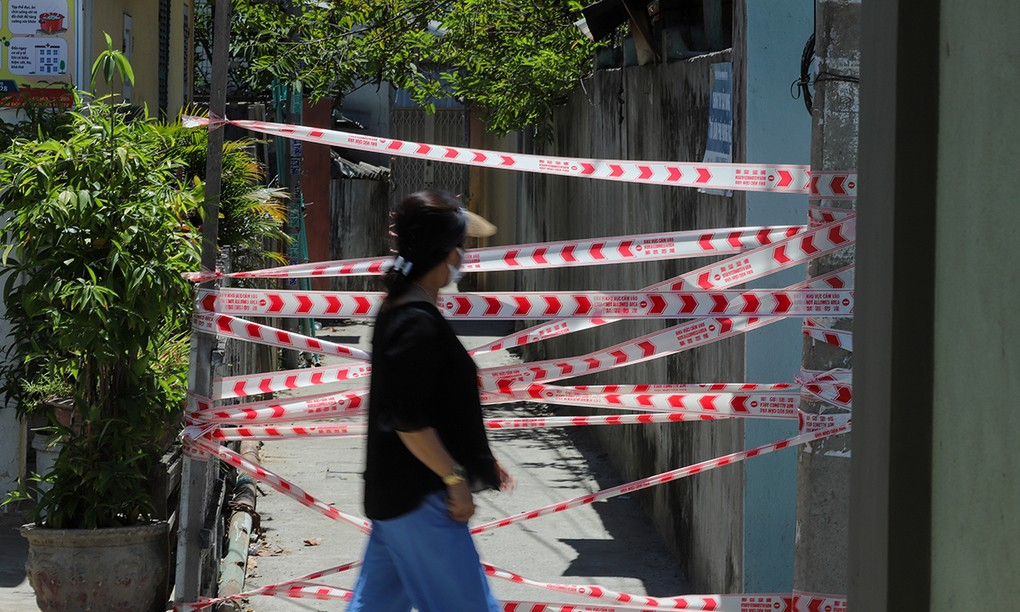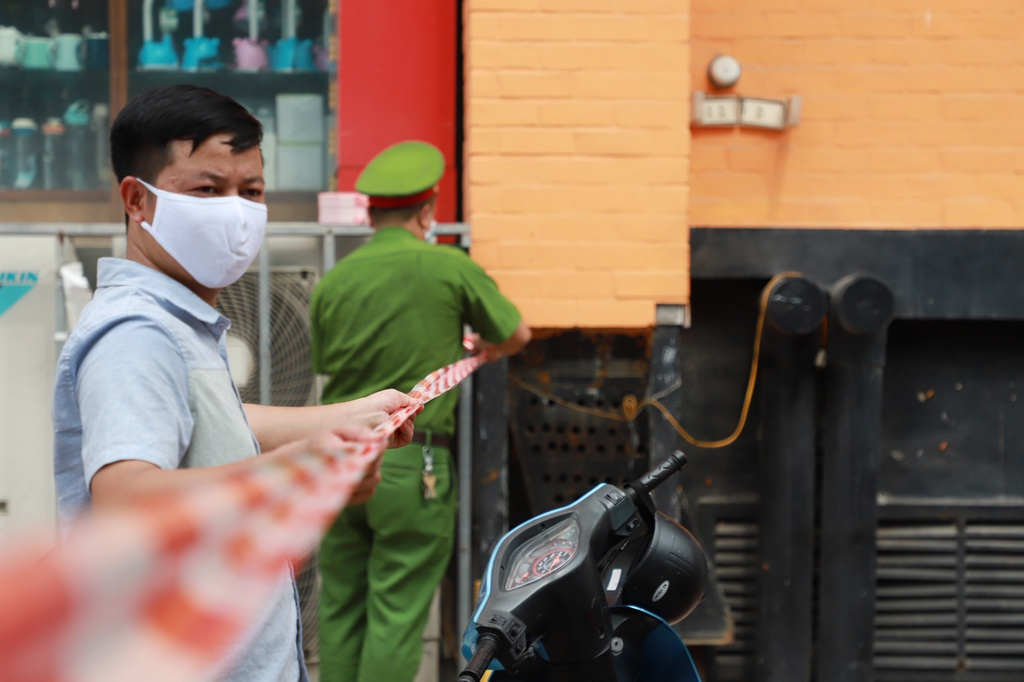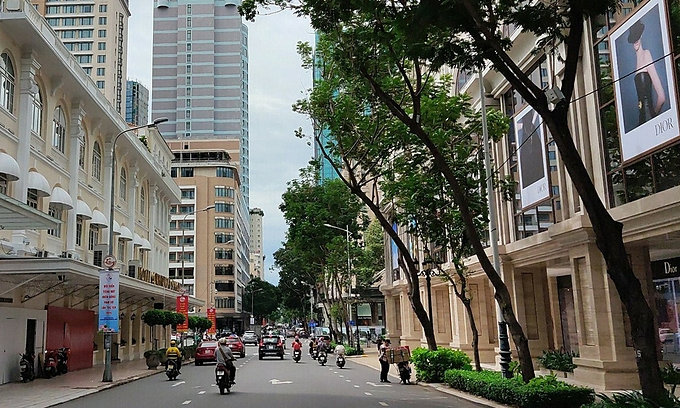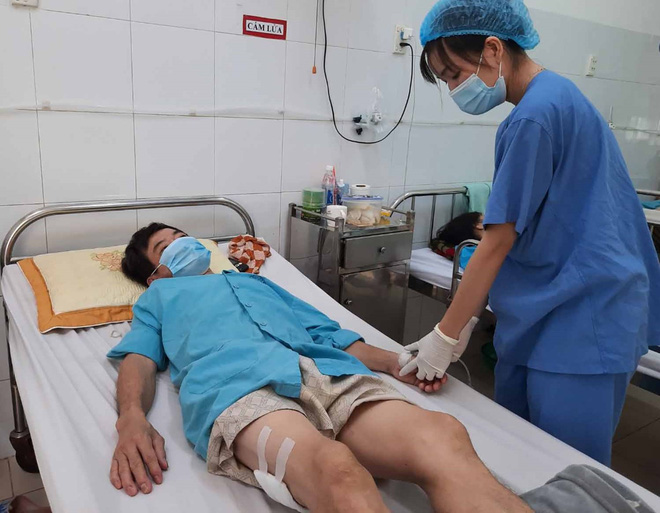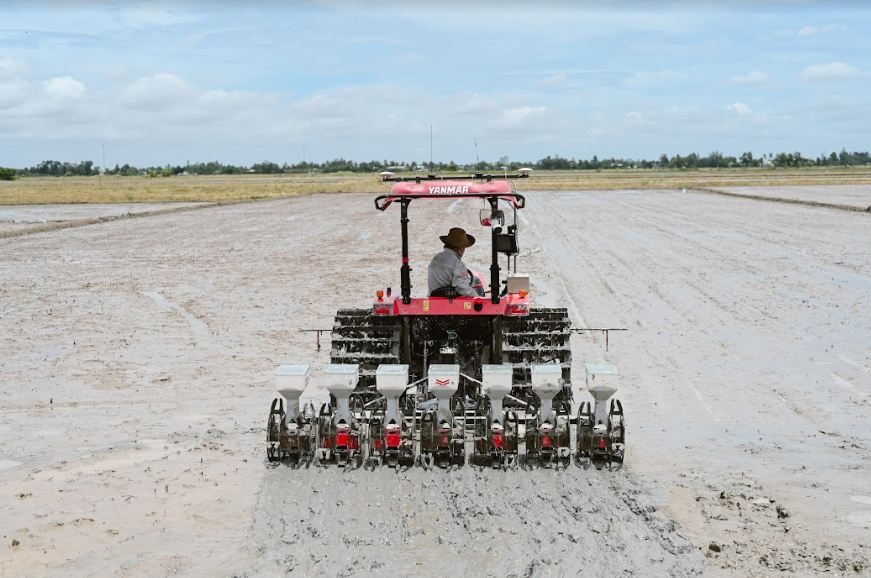UN says Covid-19 likely to become 'seasonal' disease
| Vietnam records three COVID -19 related deaths, both due to multiple comorbidities | |
| Disinfecting a pizzeria in Hanoi, rebooting anti-COVID 19 mode nationwide | |
 |
| More than a year after the novel coronavirus first surfaced in China, a number of mysteries still surround the spread of the disease that has killed nearly 2.6 million people worldwide. Photo: Reuters |
The covid-19 pandemic has infected at least 121.5 million people around the world, with more than 2.6 million fatalities. Here are updates for March 18:
Covid may become 'seasonal', UN says
Covid-19 appears likely to develop into a seasonal disease, the United Nations, cautioning though against relaxing pandemic-related measures simply based on meteorological factors.
In its first report, an expert team tasked with trying to shed light on one of those mysteries by examining potential meteorological and air quality influences on the spread of Covid-19 found some indications the disease would develop into a seasonal menace, according to TRT World.
The 16-member team set up by the UN World Meteorological Organization pointed out that respiratory viral infections are often seasonal, "in particular the autumn-winter peak for influenza and cold-causing coronaviruses in temperate climates."
"This has fuelled expectations that, if it persists for many years, Covid-19 will prove to be a strongly seasonal disease," it said in a statement.
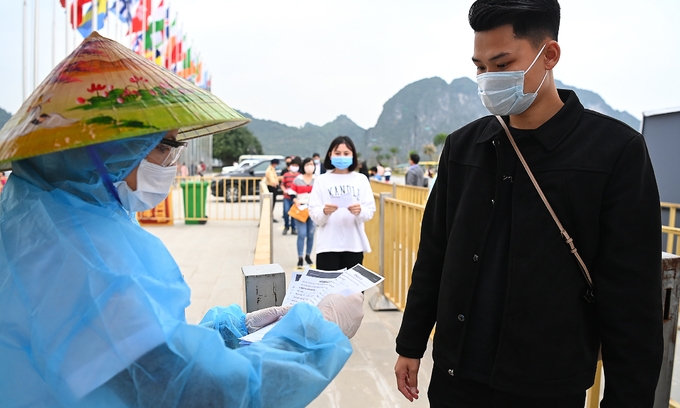 |
| Staff at the tourism area of Tam Chuc Buddhist Cultural Complex in Vietnam's northern Ha Nam Province checks health declaration form of visitors at the entrance, February 2021. Photo: VNE |
Modeling studies anticipate that transmission of SARS-CoV-2, the virus that causes Covid-19 disease, "may become seasonal overtime."
But Covid-19 transmission dynamics so far appear to have been influenced mainly by government interventions like mask mandates and travel restrictions, they said, rather than the weather.
The task team, therefore, insisted that weather and climate conditions alone should for now not be the trigger for loosening anti-Covid restrictions.
"At this stage, the evidence does not support the use of meteorological and air quality factors as a basis for governments to relax their interventions aimed at reducing transmission," said task team co-chair Ben Zaitchik of the earth and planetary sciences department at The John Hopkins University in the United States.
He pointed out that during the first year of the pandemic, infections in some places rose in warm seasons, "and there is no evidence that this couldn't happen again in the coming year".
The experts, who focused only on outdoor meteorology and air quality conditions in the report, said laboratory studies had provided some evidence the virus survives longer in cold, dry weather and when there is low ultraviolet radiation.
But it remained unclear whether meteorological influences "have a meaningful influence on transmission rates under real-world conditions".
They also highlighted that evidence around the impact of air quality on the virus remained "inconclusive".
There was some preliminary evidence that poor air quality increases Covid-19 mortality rates, "but not that pollution directly impacts the airborne transmission of Sars-CoV-2", reported by The Strait Times.
Covid reinfection rare, more common over 65: study
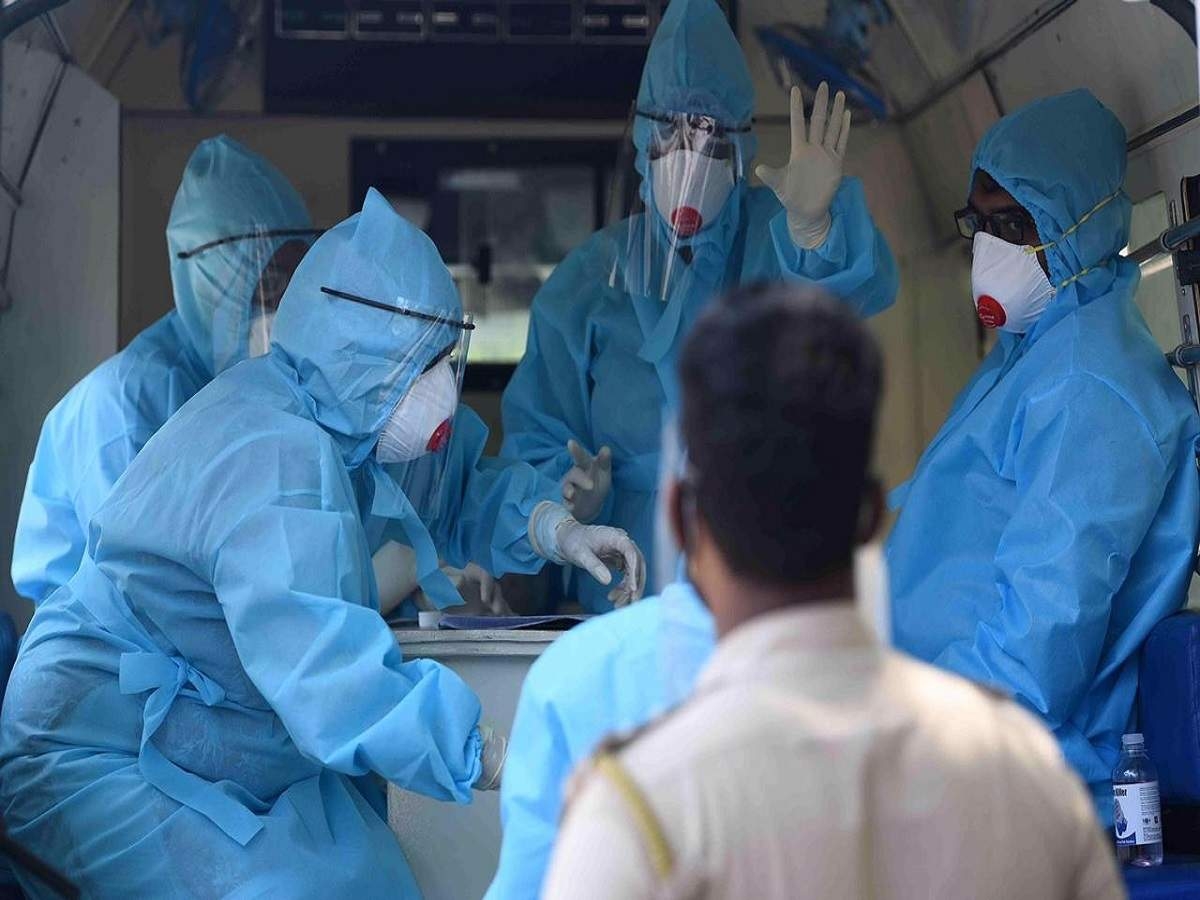 |
| Photo: Times of India |
Surviving Covid-19 protects most people against reinfection for at least six months, but elderly patients are more likely to be laid low by the virus a second time, researchers have reported.
An assessment of reinfection rates in Denmark last year showed that just over half a percent of people who tested positive for Covid during the first wave from March to May did so again during the second wave, from September to December.
Among these, the researchers found that initial infection with Covid-19 was likely to bestow 80 percent protection from reinfection among under-65s, but that dropped to just 47 percent in older people.
"We did not identify anything to indicate that protection against reinfection declines within six months of having Covid-19," said Daniela Michlmayr, a researcher at the Staten Serum Institute in Denmark and co-author of a study in The Lancet.
| Globally, as of 7:34pm CET, 17 March 2021, there have been 120.383.919 confirmed cases of COVID-19, including 2.664.386 deaths, reported to WHO. As of 15 March 2021, a total of 363.691.238 vaccine doses have been administered, WHO cited. |
| Vietnam asked to establish Center for Disease Control and Prevention at South Sudan With Vietnam's success in COVID-19 prevention and control, the UN has asked the country to establish a Center for Disease Control and Prevention (CDC) at ... |
| Whitmore’s disease kills two in Vietnam’s central provinces Over the past two months, the number of patients infected with Melioidosis, also called Whitmore's disease has increased sharply and two people died, Da Nang ... |
| Deadly new ebola-like disease found in Bolivia A deadly South American virus that causes Ebola-like bleeding can spread human-to-human, public health officials have learned from its second-ever outbreak. |
Recommended
 World
World
Pakistan NCRC report explores emerging child rights issues
 World
World
"India has right to defend herself against terror," says German Foreign Minister, endorses Op Sindoor
 World
World
‘We stand with India’: Japan, UAE back New Delhi over its global outreach against terror
 World
World
'Action Was Entirely Justifiable': Former US NSA John Bolton Backs India's Right After Pahalgam Attack
Popular article
 World
World
US, China Conclude Trade Talks with Positive Outcome
 World
World
Nifty, Sensex jumped more than 2% in opening as India-Pakistan tensions ease
 World
World
Easing of US-China Tariffs: Markets React Positively, Experts Remain Cautious
 World
World

